Félix-Brasdefer, J. C. (2025). The Pragmatics of Intercultural Communicative Competence: Language Use and Intercultural Understanding in Foreign Language and Study Abroad Contexts. Multilingual Matters.
Check you the Multilingual Matter's blog:
Why is Intercultural Communicative Competence Important for Language Students?
Video with author promoting book
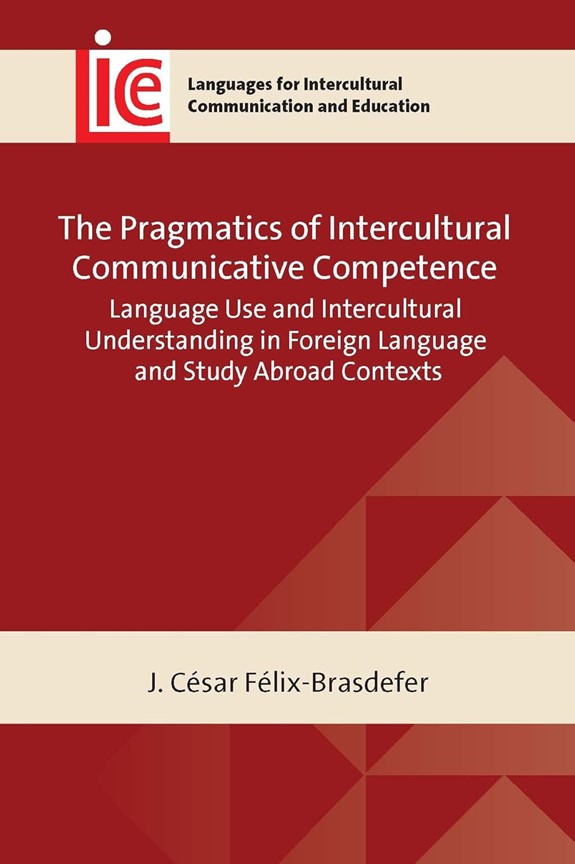
This book presents a pragmatic perspective on the development of intercultural communicative competence and intercultural understanding by language learners in the foreign language classroom and in study abroad contexts. Using data from role-play interactions, intercultural episodes and student reflections, including both US learners of Spanish and multilingual learners of other languages, the book examines how a focus on pragmatics and metapragmatic awareness aids the development of intercultural competence. It also addresses current topics such as intercultural impoliteness, the negotiation of and reflection on speech acts at the discourse level, pragmatic competence, agency and pragmatic resistance. The book concludes with a reflection on what it means to be an intercultural speaker along with suggestions for both teaching and assessment.


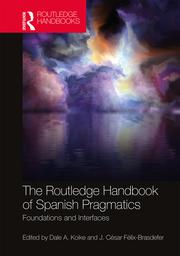
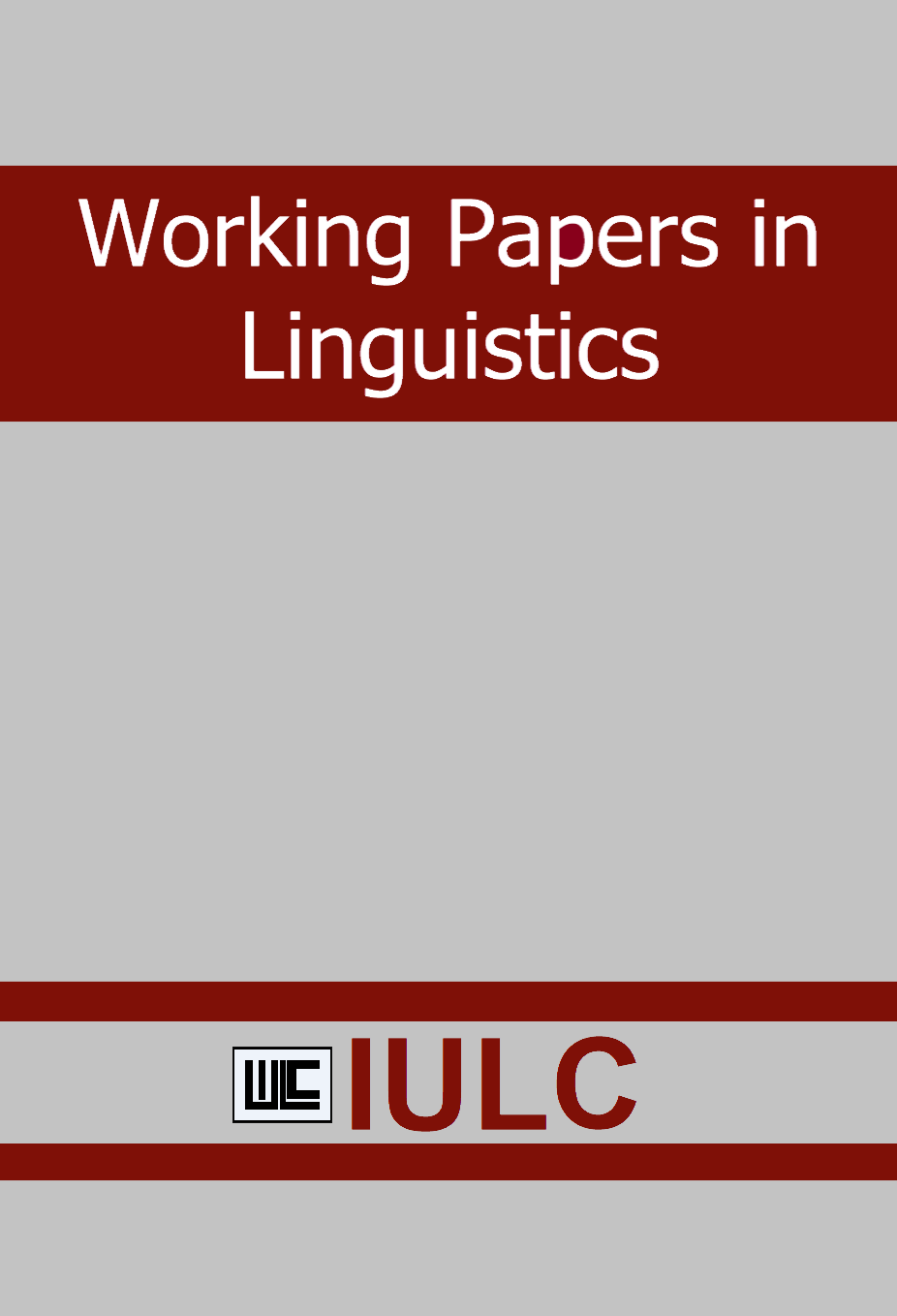
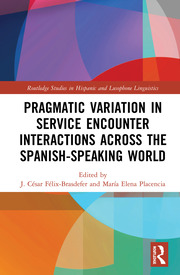
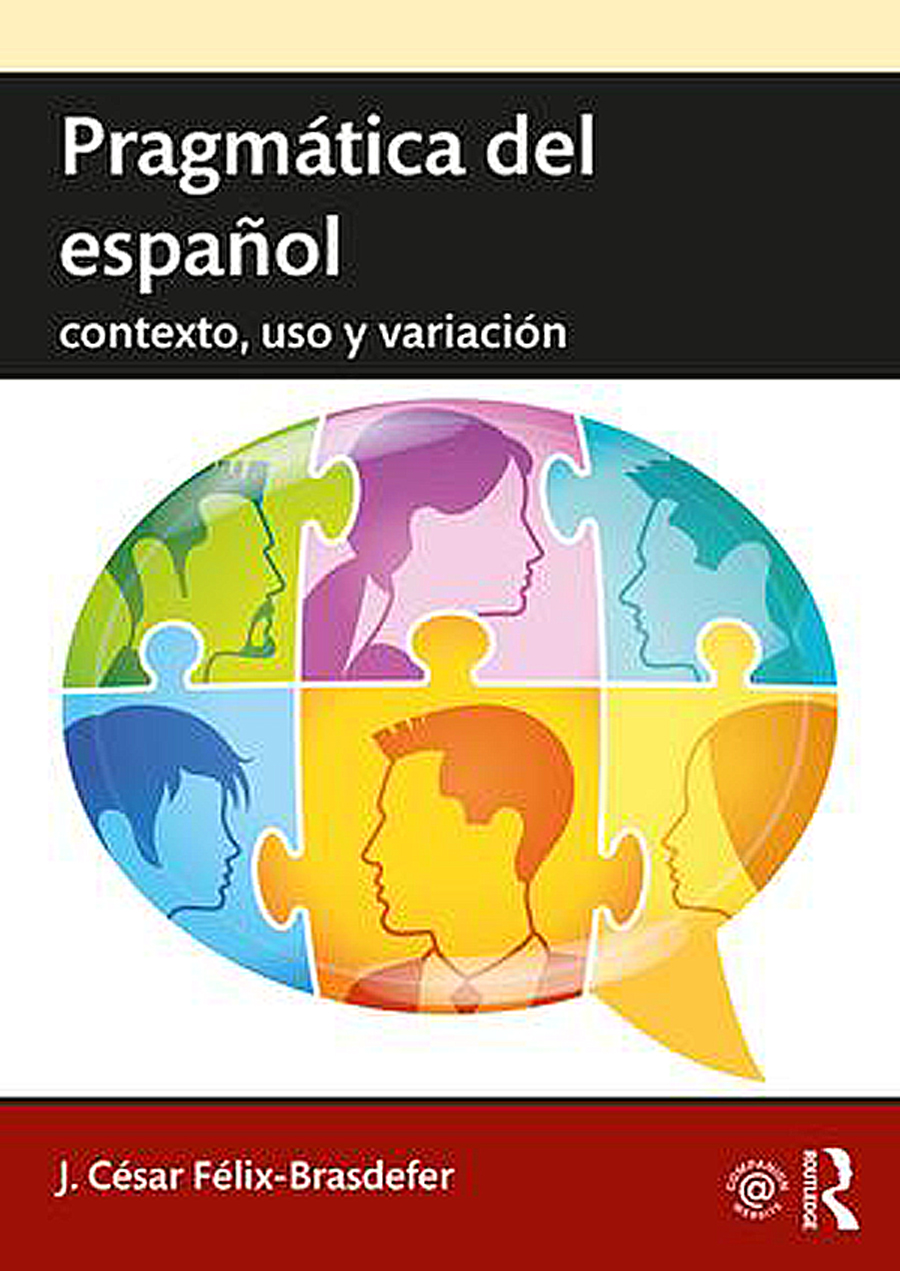
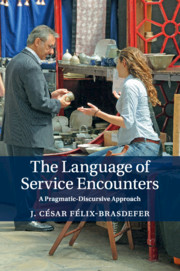
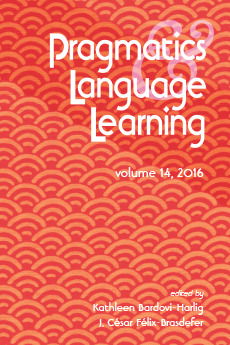
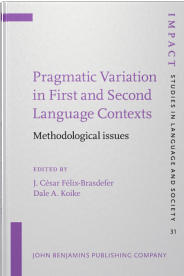
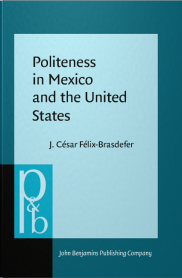 Félix-Brasdefer, J. C. (2008).
Félix-Brasdefer, J. C. (2008). 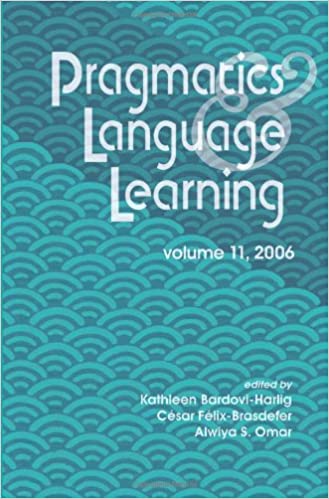 Bardovi-Harlig, K., Félix-Brasdefer, J. C., & Omar, A. (2006). (eds.).
Bardovi-Harlig, K., Félix-Brasdefer, J. C., & Omar, A. (2006). (eds.).